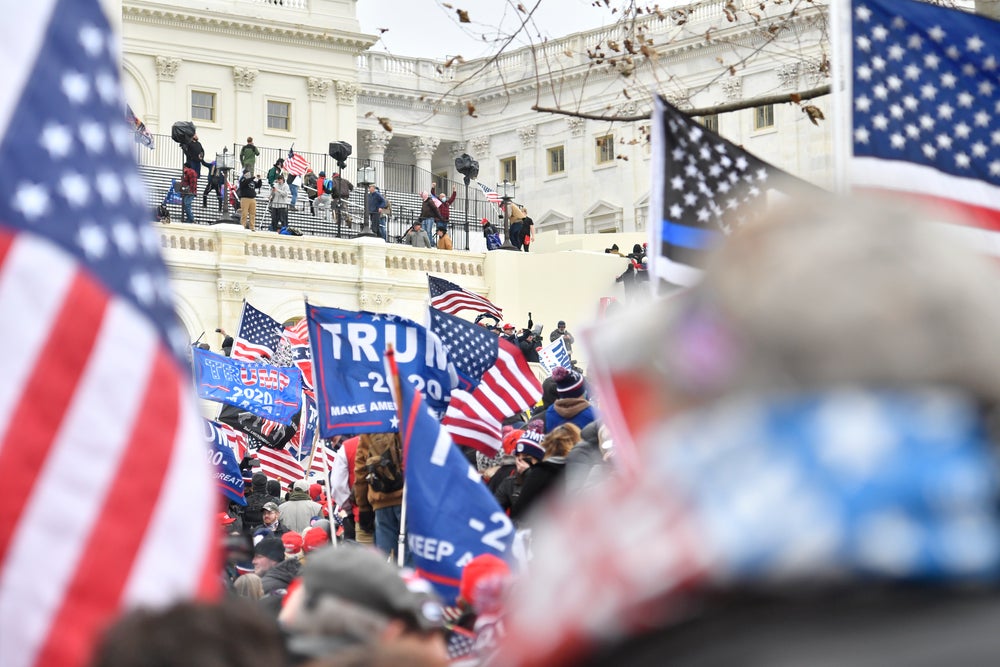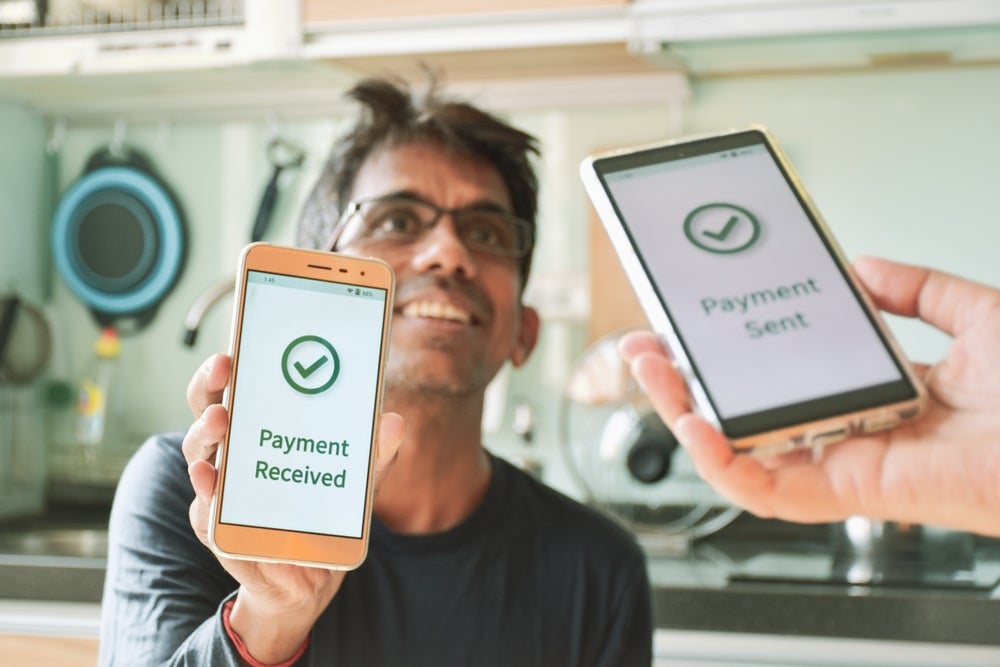
A quick question for bankers, US bankers in particular. Which of the following three is the most dangerous to society: crypto trading, buying cannabis or the possible re-election of President Trump?
Spoiler alert: the vicious mob at the Capitol on 6 January was not high on crypto trading.
Purchasing cannabis is the easiest of the three to get out of the way. The US federal government considers cannabis sales illegal. And so Mastercard ordered the US banks that offer payment services to cannabis merchants and connects them to Mastercard to stop doing it. Simple. Arguably controversial. Cue outrage from state-legal cannabis businesses about being locked out of banking.
To be fair, there are arguments both ways and the writer would not cut up his Mastercard cards in protest if it had gone the other way. But it is an understandable policy decision and quite clear: Mastercard does not want cannabis transactions on its systems.
Meantime, Chase does not want to authorise crypto transactions in the UK. From 16 October, Chase will decline customer attempts to make payments related to crypto assets. This will cover debit card and outgoing bank transfers. Again, controversial. But given the cost of crypto-related fraud, understandable. Chase has a duty to try and keep customers’ money safe and secure. It will no doubt lose some customers due to its new policy. But it will also avoid one huge area of risk and the associated security costs of dealing in crypto. It may also attract some new customers, impressed by its crypto stance. Either way, Chase has made its position clear and is a policy many in retail banking will applaud. Especially execs with a risk or security portfolio.
Time to put the S into ESG
Now for the tricky one.
How well do you really know your competitors?
Access the most comprehensive Company Profiles on the market, powered by GlobalData. Save hours of research. Gain competitive edge.

Thank you!
Your download email will arrive shortly
Not ready to buy yet? Download a free sample
We are confident about the unique quality of our Company Profiles. However, we want you to make the most beneficial decision for your business, so we offer a free sample that you can download by submitting the below form
By GlobalDataChase, Mastercard and every other US financial institution proclaim their ESG credentials relentlessly. The E and the G are the easy ones. Don’t be kidded and don’t be conned by the most aggressive and vociferous of the green lobby. Banks around the world are leading the way among major industry verticals in promoting decarbonisation strategies and climate risk stress testing. Sustainability and climate reporting is becoming formalised. ESG is being incorporated into banks’ operating models. Banks are going public on how and when they will meet net zero commitments. The E in ESG is being incorporated into banks’ risk strategies. There is a growing weight of evidence that sustainable banks outperform the market.
The banks have an improving track record as regards the G in ESG. Take corporate governance. Or codes of business conduct and the rest. Banks, or at least any worthwhile bank of any consequence accepts that getting the G element of ESG right, ultimately yields a better corporate return.
The S part of ESG is another matter entirely. Do US banks know what the S stands for in ESG? How do they define the S in ESG? Do they accept that the rabid mob at the Capitol and its leader represent a threat to society?
Opinions vary but the S element might be defined as identifying and managing the bank’s positive and negative impact on society. Are people treated fairly? Is the bank genuinely providing equal opportunities for all? Is it addressing societal disparities? Is it making every effort to avoid discrimination in its lending strategy? Is it promoting worker rights, human rights? Does it believe in democracy and the rule of law. One could go on and on but let’s stick with democracy and the rule of law and a belief that discrimination is not to be tolerated. That support for extremist, violent, militias is not to be condoned. That should be a reasonable thing to expect of any bank. Perhaps it is not so tricky after all.
US banks have it within their power to scupper Trump once and for all
At what point do US banks and the card programmes take the principled stand and say, we are not prepared to facilitate the possible nightmare scenario of the re-election of Trump?
Trump faces a legal bill running into the tens of millions. He is facing a total of 91 federal and state charges. It seems to be widely accepted that he does not like using his own money to pay his lawyers.
Public filings disclose that the PAC, ironically named Save America, has paid lawyers that are representing witnesses in the Trump investigations. This includes the inquiry into the riot. To the dismay of those of us on this side of the pond who believe in old-fashioned principles such as justice and democracy, the volume and the gravity of the indictments have had no discernible impact on opinion polls. His cult followers seem to take each and every indictment as cause to make additional donations. These donations are made via the mainstream banks and card programmes. Relative loose change is raised via cash donations at the Nuremberg style rallies.
US banks have a duty to society to stand up for democracy
As a general rule, it is right that banks do not get involved in politics. I recall trying and failing to persuade an exec from BNP Paribas that it could make an argument to prevent donations going to le Front National. He was probably right and I was on the losing side of that argument.
But the position in the US is on another level. If-and hopefully when-indictments turn into convictions, the US banks have a moral duty to stop this nonsense. They have the power to kill the possibility of a Trump re-election. The banks’ senior execs can take a few minutes out to read their own ESG annual reports, with specific regards to the S in ESG.
And then come to the inescapable conclusion that the danger of a Trump presidency would cost a heck of a lot more in terms of societal harm than buying a joint. Or trading and losing some funds to the next Bitcoin scam. Trump cannot function without donations collected and transferred by the banking sector. As soon as he can be designed as the former, disgraced and convicted ex-President, they have the rationale to act and not a moment too soon.
He will not win an election on cash donations. It will be a brave bank that is first to declare: donations to Trump PACs will not be authorised, such card transactions will be declined. It will also be the right thing to do.








Related Company Profiles
BNP Paribas SA
Mastercard Inc